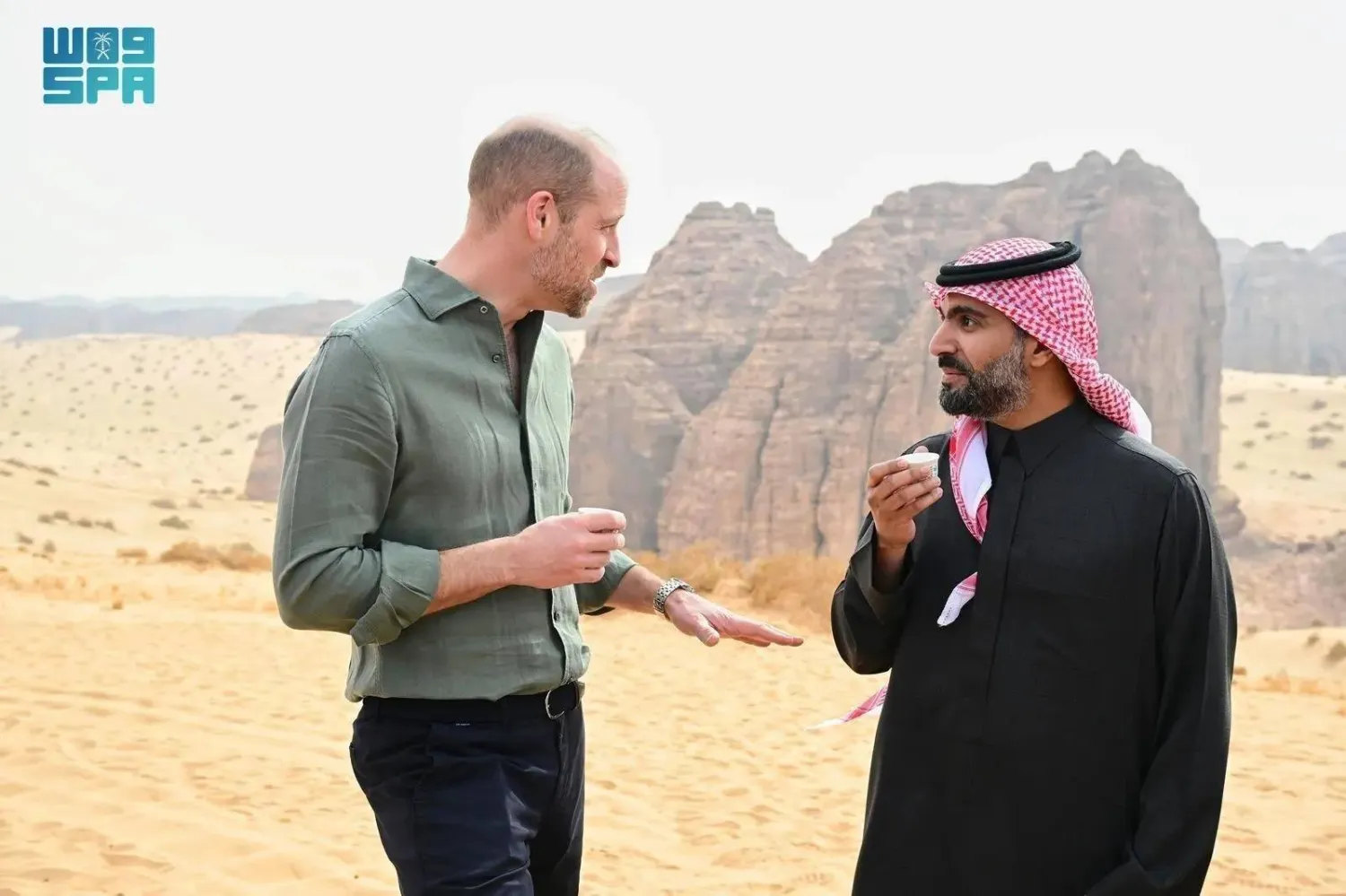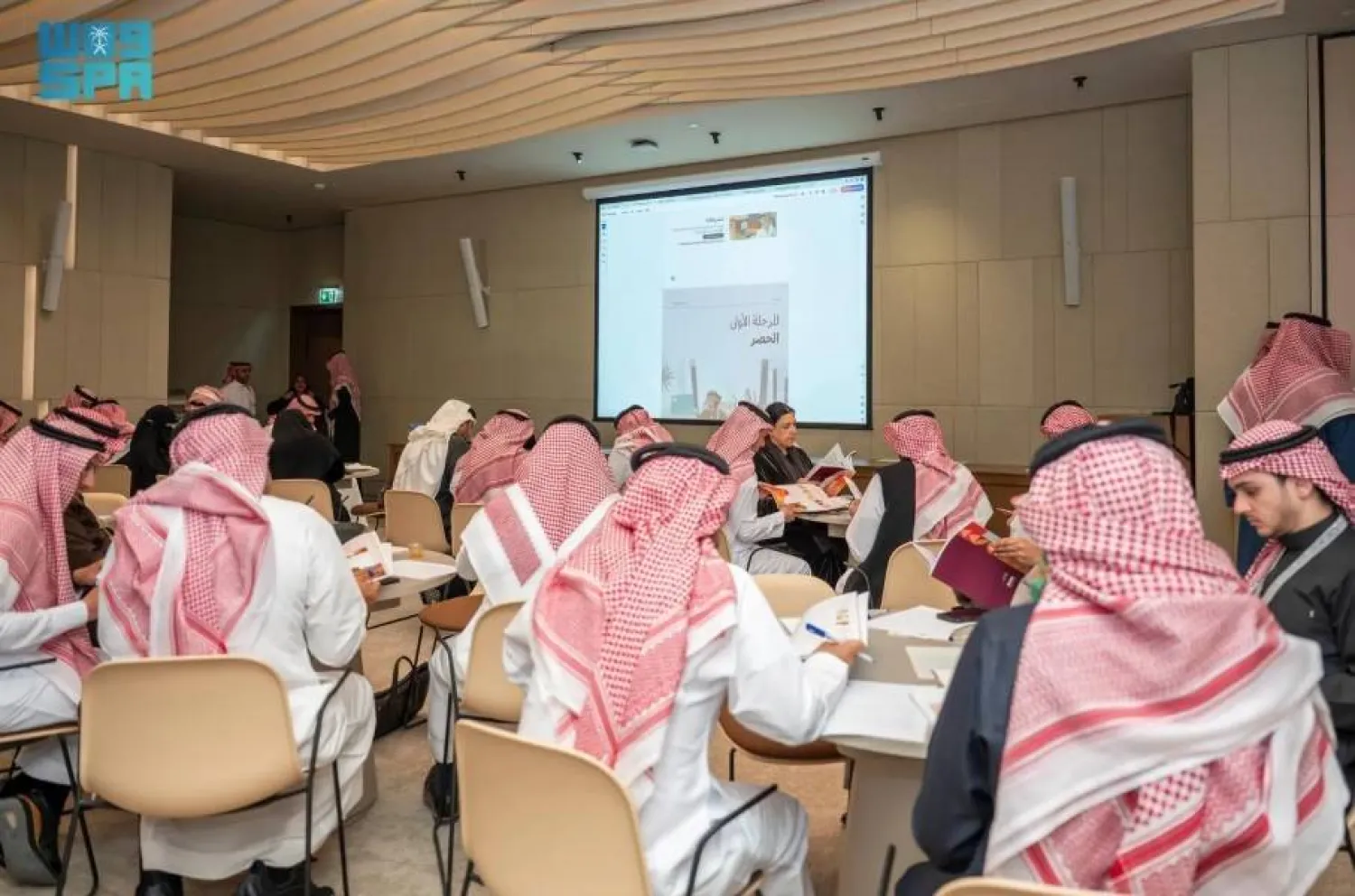The Riyadh International Book Fair kicked off this year with over 2,000 local, Arab, and international publishers, offering a rich cultural program.
The event continues to be a major platform for top thinkers, authors, and publishers, showcasing Saudi Arabia’s cultural heritage and leadership in the publishing world.
Dr. Mohammed Hassan Alwan, CEO of the Literature, Publishing, and Translation Commission, said the fair has been a symbol of Saudi Arabia's cultural leadership for nearly five decades.
He noted that it consistently achieves the highest book sales among Arab fairs and draws large crowds from inside and outside the Kingdom.
Speaking to Asharq Al-Awsat, Alwan emphasized that the Riyadh fair, along with other book events in the Kingdom, supports the Ministry of Culture’s goal to grow the cultural sector’s contribution to 3% of the GDP by 2030.
Five Decades of Cultural Leadership in Saudi Arabia
Alwan highlighted that Saudi Arabia has been a cradle of civilizations and a center for scientific, literary, and artistic revival, attracting scholars and students from around the globe.
“Today, Saudi Arabia is rich in cultural elements, historical treasures, and a legacy that strengthens its status as a leading hub of Arab and international culture. This is supported by various initiatives and major cultural and artistic events,” affirmed Alwan.
He also acknowledged the continuous support from Saudi leadership for the cultural sector, noting the close attention from top authorities and the Ministry of Culture’s ongoing development efforts.
Alwan stressed that this commitment underscores the Kingdom’s belief in the vital role of culture in national progress, enhancing quality of life, and supporting economic and social development.
The CEO said that the Ministry of Culture, led by Prince Badr bin Abdullah bin Farhan Al Saud, is essential in shaping Saudi Arabia's cultural landscape.
The ministry is focused on building a comprehensive cultural system to achieve several goals: promoting culture as a lifestyle, using culture to boost economic growth, enhancing the Kingdom's global standing, and strengthening national identity through cultural initiatives. It also aims to develop a vibrant cultural sector that showcases Saudi Arabia’s rich heritage and traditions to the world.
Alwan highlighted a notable increase in cultural activities in recent years. He pointed to a 150% rise in the establishment of amateur cultural clubs last year, which indicates a thriving cultural scene among creatives and cultural entrepreneurs.
This growth reflects the ongoing support for the cultural sector and aligns with various positive cultural indicators.
Cultural Leadership in Saudi Arabia
Alwan discussed the importance of cultural events in Saudi Arabia and the region, highlighting the Riyadh International Book Fair.
Since its launch nearly 50 years ago, the fair has become a symbol of the Kingdom’s cultural leadership.
It is also a part of an initiative aimed at empowering the publishing industry, raising cultural awareness, improving quality of life, and supporting national economic growth in line with Saudi Vision 2030.
He noted that the fair is economically significant, generating the highest book sales among Arab book fairs and attracting large numbers of visitors from within and outside the Kingdom.
Alwan concluded that the commission, with support from the Minister of Culture, is committed to enriching the cultural scene in Saudi Arabia and encouraging community engagement.
He emphasized that supporting culture is a shared responsibility among individuals and institutions, and through collaboration, challenges can be addressed to achieve cultural sustainability and enhance Saudi Arabia's cultural leadership in the region and the world.









